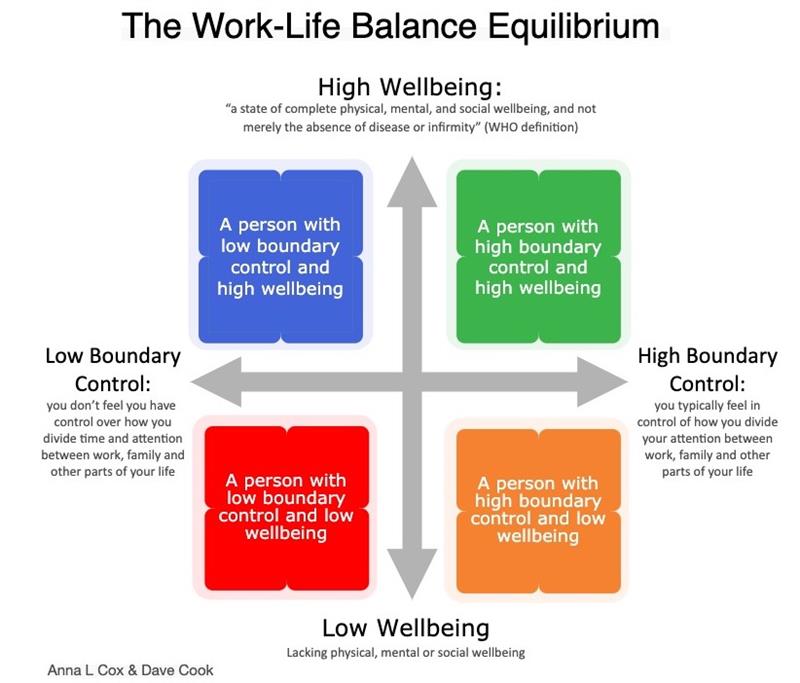When I was in grad school, my parents, who had been married for 25+ years were going through what I would consider to be a messy divorce. And learning about how to support children with family changes as a school counselor and then living it as an adult child out of the home was particularly difficult for me.
I had a hard time managing my own boundaries with supporting my family and their needs…..plus finding the energy to put forth effort into my graduate studies and assignments.

When having a 1-on-1 discussion with one of my professors at the time, who I respect very much, she told me that in the future as a professional, “there will always be crises and pressures outside of work that are going to affect your emotions. You have to find a way to cope and manage those so you can show up to work and do what’s best for students.”
I was only 24 at the time….and I remember being super bitter at this professor for saying this. I felt like she was dismissing my pain. Not realizing the impact of my family falling apart…..and telling me that I needed to “buck up and be tougher.”
But NOW, 15 years under my best as a school counselor…..8 years as a mom to kiddos with significant trauma needs….and just life in general – WOW I realize her words are so incredibly true. Life, as an adult with a family, is just a constant rotation of joyous moments and heartbreaks. Life, as an elementary school counselor has the same roller coaster feel most days. You don’t turn off the “mom” hat when going to work. And it’s hard to turn off the “educator” heart when driving home for the day.
I feel that one of my strengths I’ve developed over the years is my own emotional BOUNDARIES – I can be incredibly upset about something happening at home AND show up with joy and compassion at school for my students. I had a student intern ask me how I developed this…..and it just came with time. And a large toolbox of coping strategies (mindfulness, daily movement, support network, alone time, cognitive self-talk and reminders of my worth) that I rely on daily.
With that being said, compassion fatigue and burn-out are HARSH realities for educators….and I have felt those at times throughout my career. But I also think there are skills and habits we can learn that help us move through those times and keep on keeping on…..with a little help from our friends and role models of course.
This image really struck out to me as being helpful when navigating this constant push towards “work-life balance”:

Working on my wellbeing is always something I can improve on…..lowering my standards of what this looks like and maintaining daily habits is incredibly important to me. Side hustle commercial break: Our wellness community is doing a fun little online event focusing on these habits – if you’re interested in this class (and some oily freebies from me!) – click here to register.
Although I had a negative reaction at the time, her words are still very important to me as I reflect on showing up for both my school and home family in the healthiest way I can……and just like Mr. Larson in my first story, I appreciate a mentor’s willingness to say something hard and be faced with potential conflict, knowing it might push the receiver to a healthier and greater place as a result.
